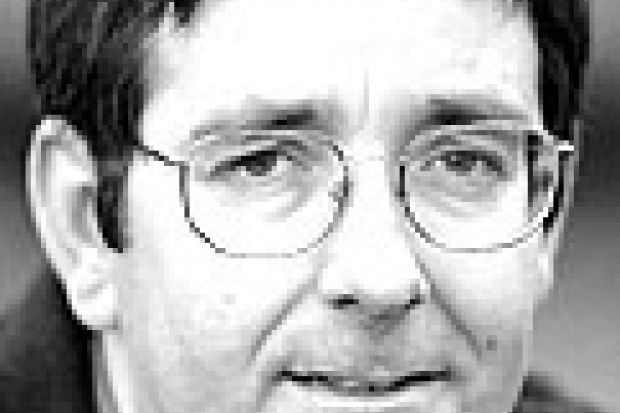This year's Reith lecturer, Tom Kirkwood, is Britain's foremost expert on how and why we grow old.
Professor Kirkwood, 49, is a fan of interdisciplinary research. He started life as a mathematician, before moving into biology and becoming Britain's first professor of biological gerontology in 1993.
He was 26 years old when he developed his "disposable soma" theory of ageing, a theory that won him international acclaim. He views the body as a vehicle for carrying genes from one generation to the next. Two types of cell - those connected with reproduction and those connected with body maintenance - vie for the body's resources, and the sex cells win. Ageing is the price we pay for sex. But, he argues, the existence of the menopause demonstrates that the end of fertility does not signal the end of a woman's usefulness to society.
Since developing the theory, Professor Kirkwood has published 160 scientific papers and written a popular book on ageing, The Time of Our Lives .
In the Reith lectures - to be broadcast on Radio 4 over the next five weeks - he will challenge society to think more seriously about the implications of an ageing population. He will argue for a society that does not marginalise old people or view old age as miserable and burdensome.
Professor Kirkwood was a member of the human genome mapping project committee in the early 1990s, before becoming professor of biological gerontology at the University of Manchester. In 1999, he moved to the University of Newcastle, where he heads the department of gerontology.
He went to school in Oxford, studied mathematics at Cambridge University, obtained an MA in biomathematics at Oxford, then returned to Cambridge for a PhD in biology. He has been married twice, has two children and lists his hobbies as hill-walking, running, pottery and gardening.
Register to continue
Why register?
- Registration is free and only takes a moment
- Once registered, you can read 3 articles a month
- Sign up for our newsletter
Subscribe
Or subscribe for unlimited access to:
- Unlimited access to news, views, insights & reviews
- Digital editions
- Digital access to THE’s university and college rankings analysis
Already registered or a current subscriber?
